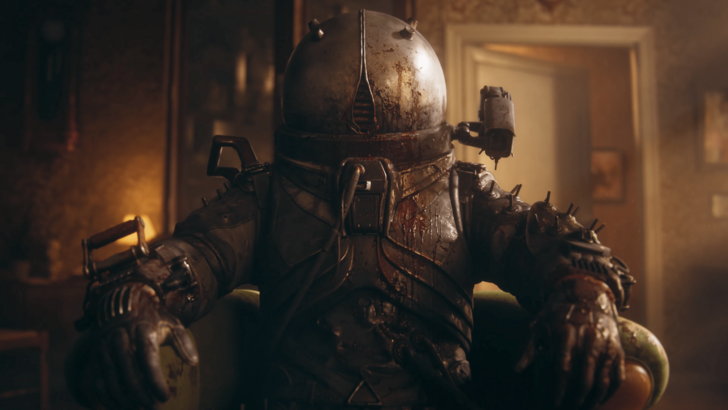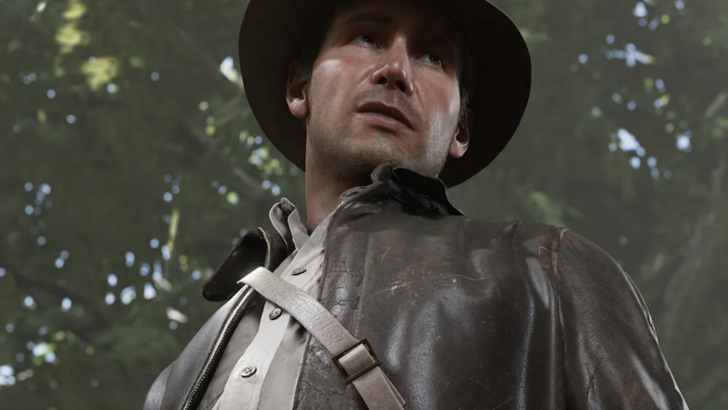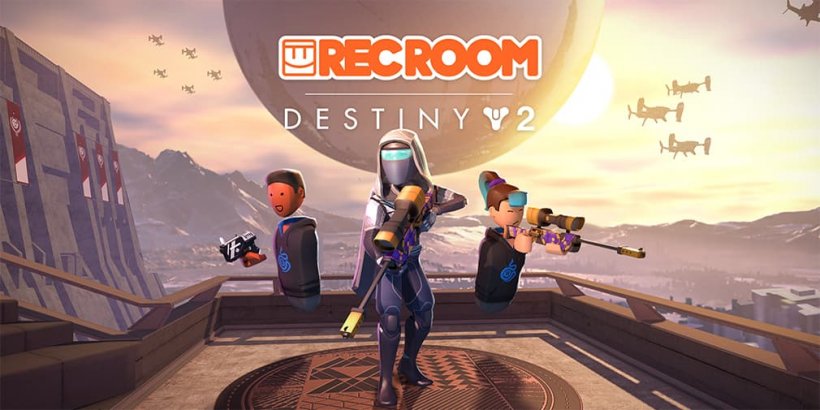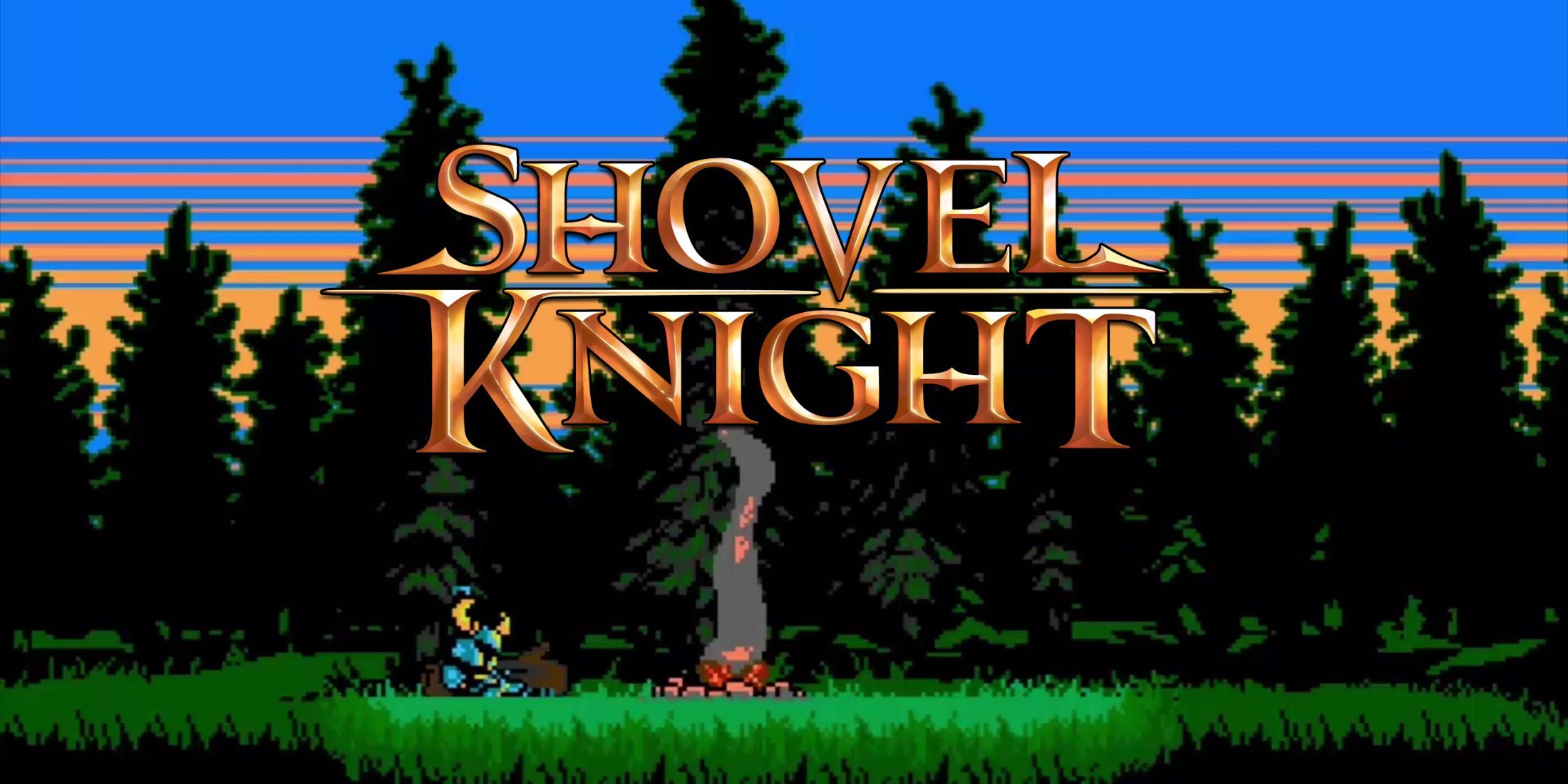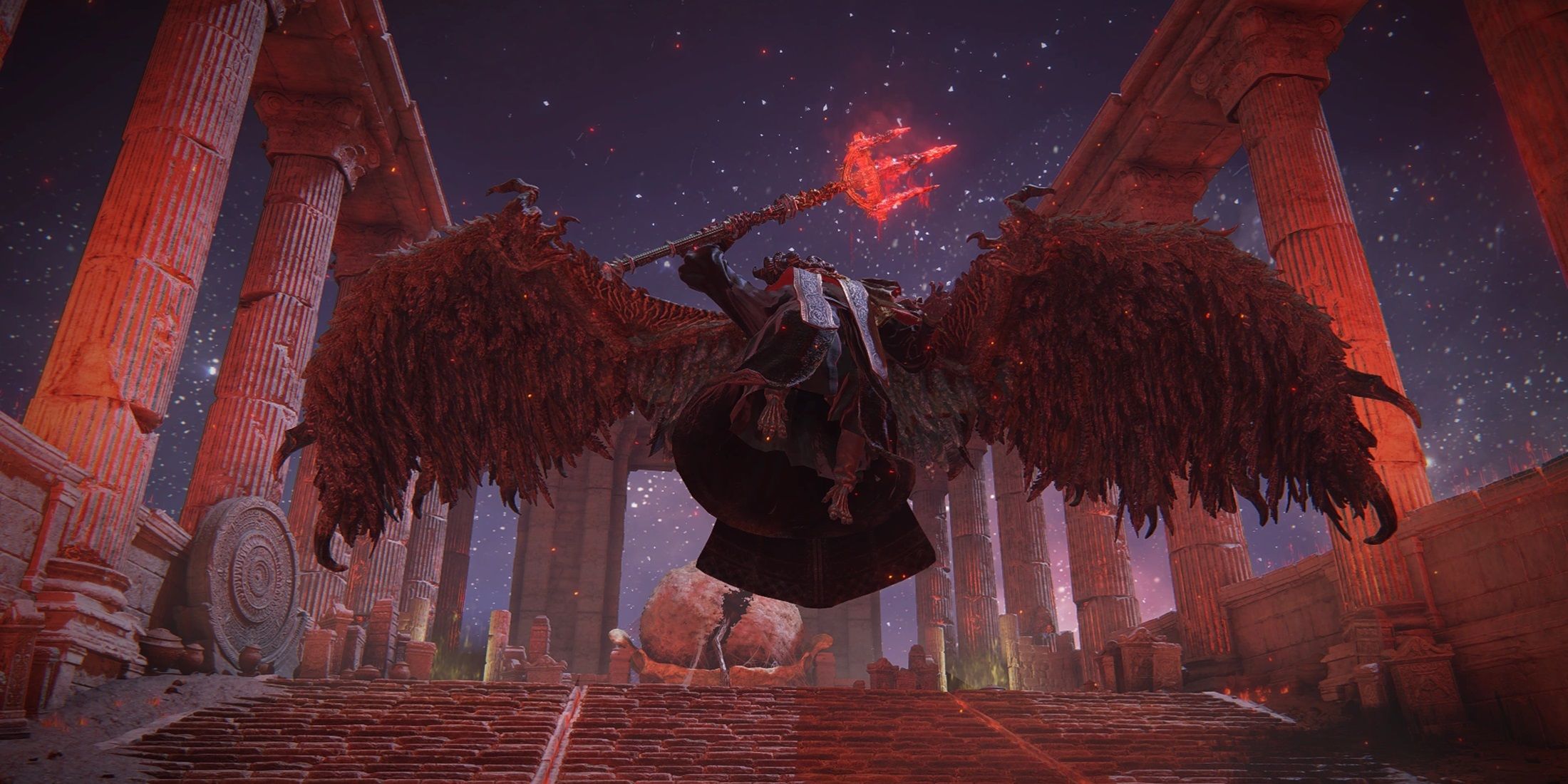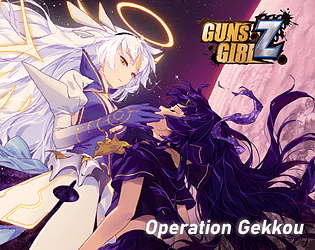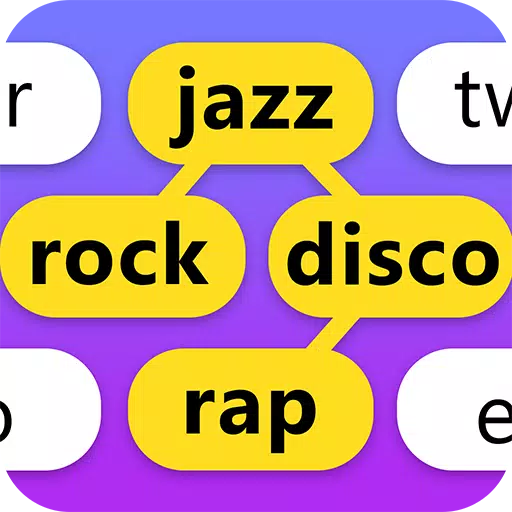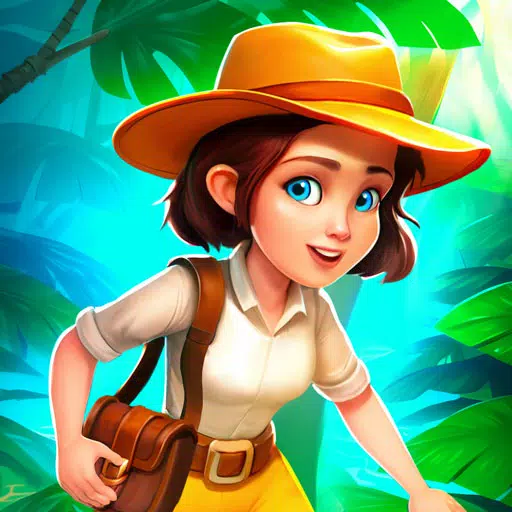Exploring Monster Hunter Wilds' Oilwell Basin: A Deep Dive into its Ecosystem and New Monsters
Monster Hunter Wilds introduces the Oilwell Basin, a dynamic locale unlike any other in the series. This fiery, oil-slicked landscape, described by director Yuya Tokuda, shifts dramatically depending on the environmental cycle (Fallow, Inclemency, Plenty). During the Fallow, it's a mud-and-oil-covered wasteland; Inclemency brings burning oilsilt; and the Plenty reveals underlying minerals and ancient artifacts.
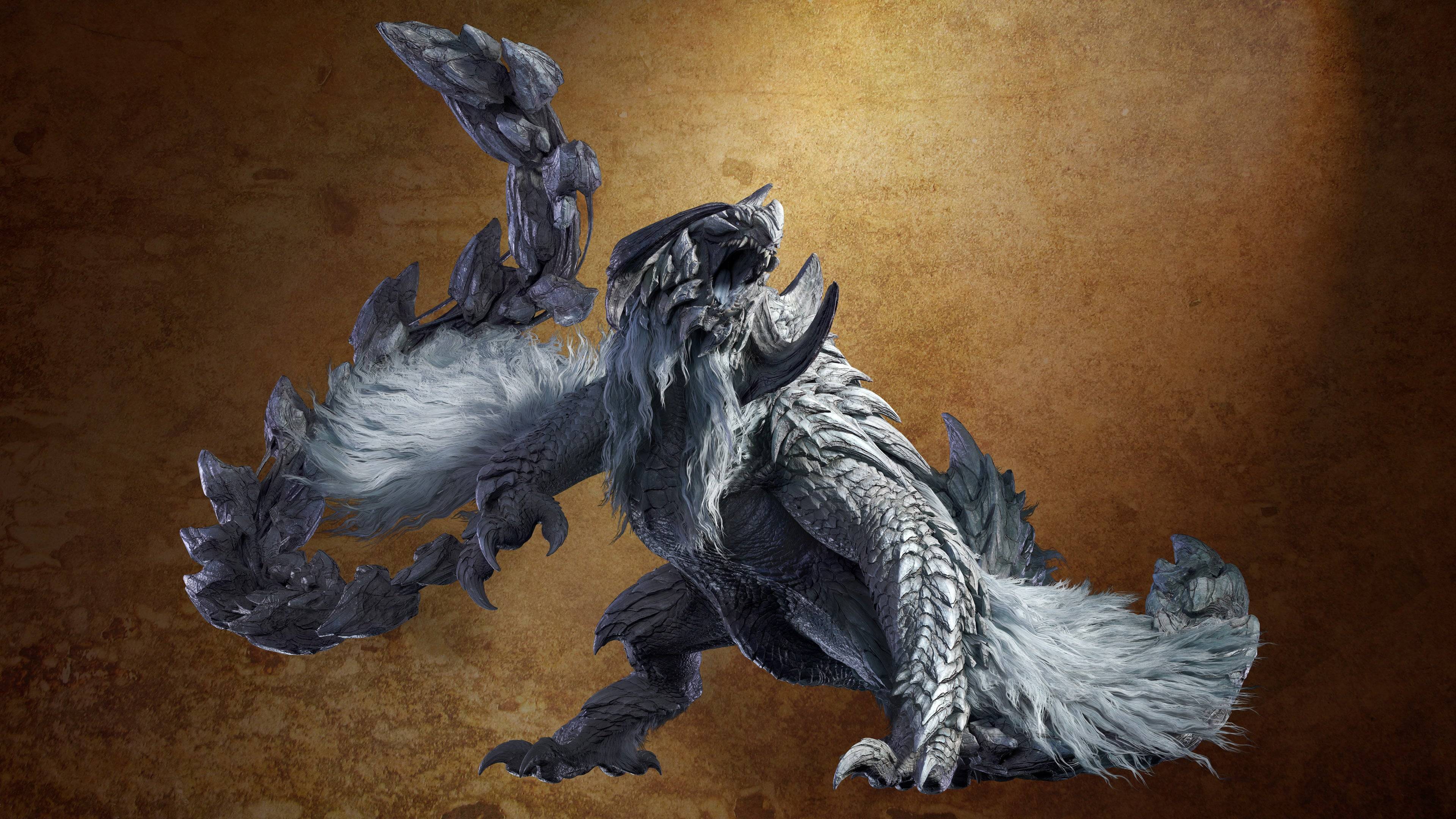
Kaname Fujioka, executive director and art director, explains the design concept: "We wanted a vertically layered environment, unlike the horizontally expansive Windward Plains and Scarlet Forest. The strata vary—sunlit at the top, intensely hot with lava at the bottom, creating distinct ecological niches."
This verticality influences the creature design. Tokuda notes the parallels to aquatic life in underwater volcanoes, drawing on the design experience of the Coral Highlands in World. The ecosystem thrives on geothermal energy, a stark contrast to the sunlight-dependent ecosystems of previous locales.
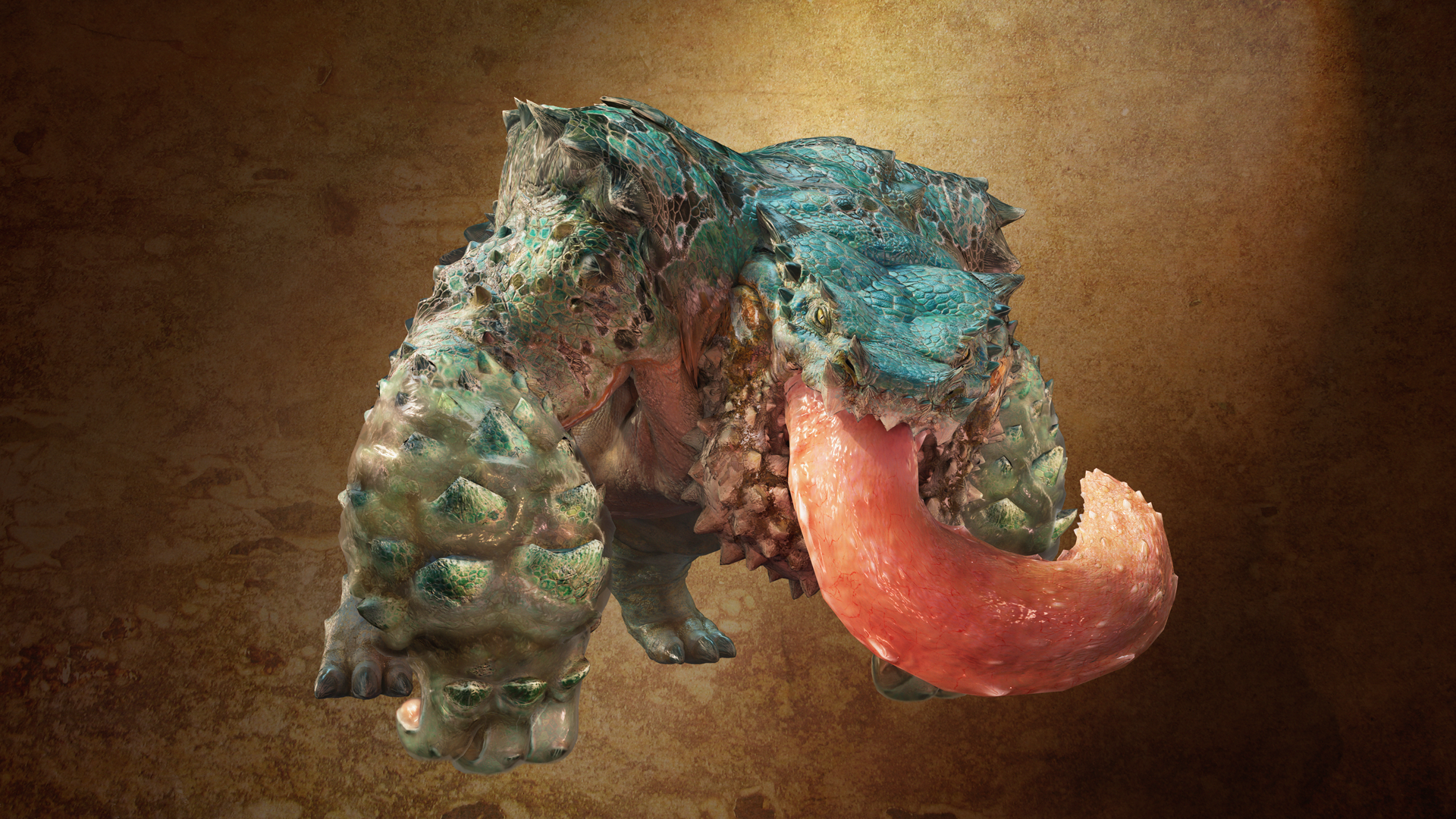
Rompopolo: The Toxic Trickster
Rompopolo, a globular, noxious monster, exemplifies the Basin's unique inhabitants. Fujioka describes its design inspiration: "A mad scientist vibe, with a chemical purple hue and glowing red eyes. It uses stored toxic gas to disrupt hunters." Despite its unsettling appearance, its crafted equipment is surprisingly cute, a point both developers highlight.
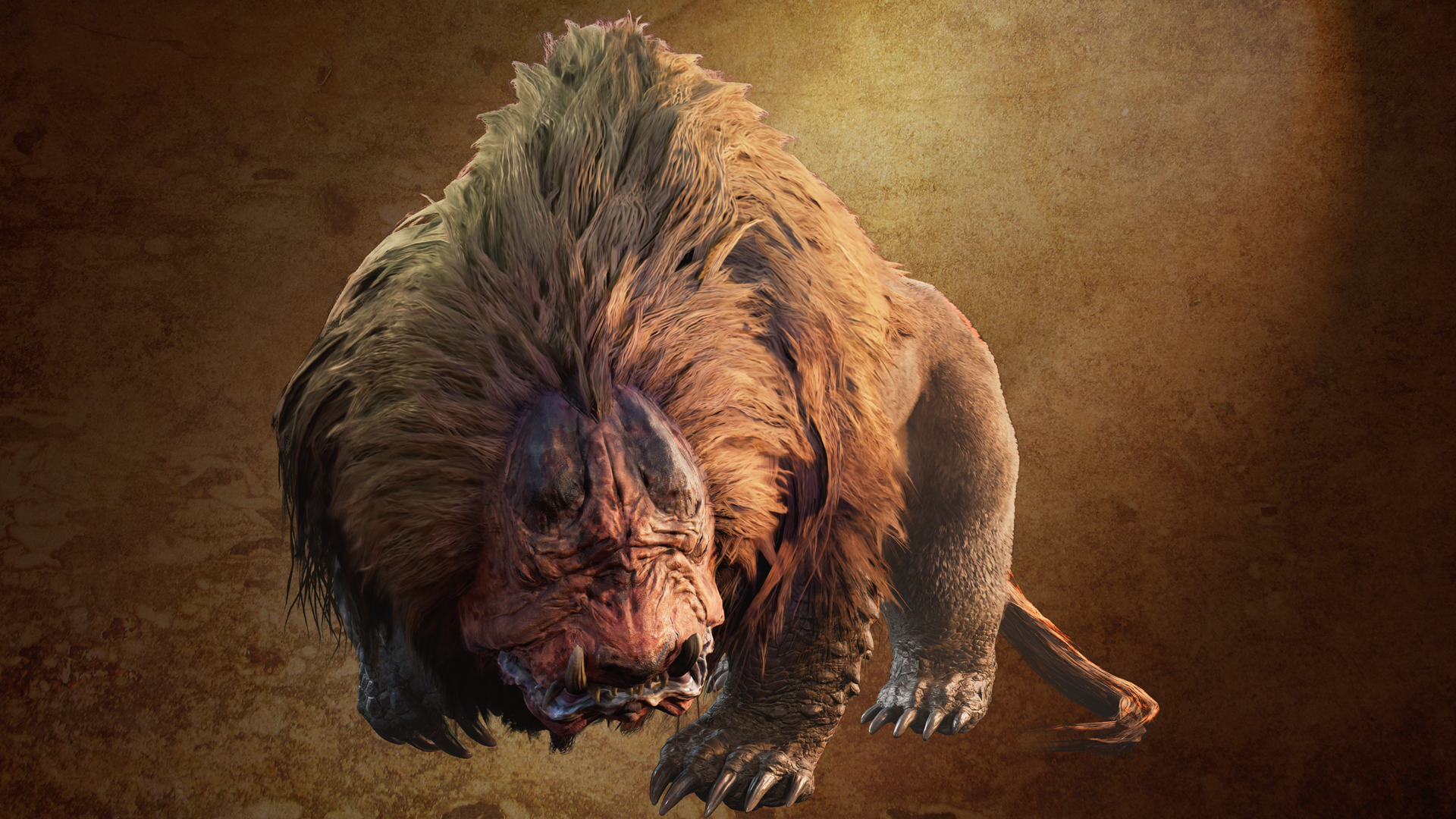
Ajarakan: The Flaming Brute
Ajarakan, a flame-wreathed gorilla-like monster, offers a direct contrast to Rompopolo. Tokuda explains its towering silhouette, designed to emphasize its threat, and its wrestling-inspired attacks, combining strength, physicality, and flame-based assaults. Fujioka adds that its straightforward attacks make it an easily understandable, yet powerful, adversary.
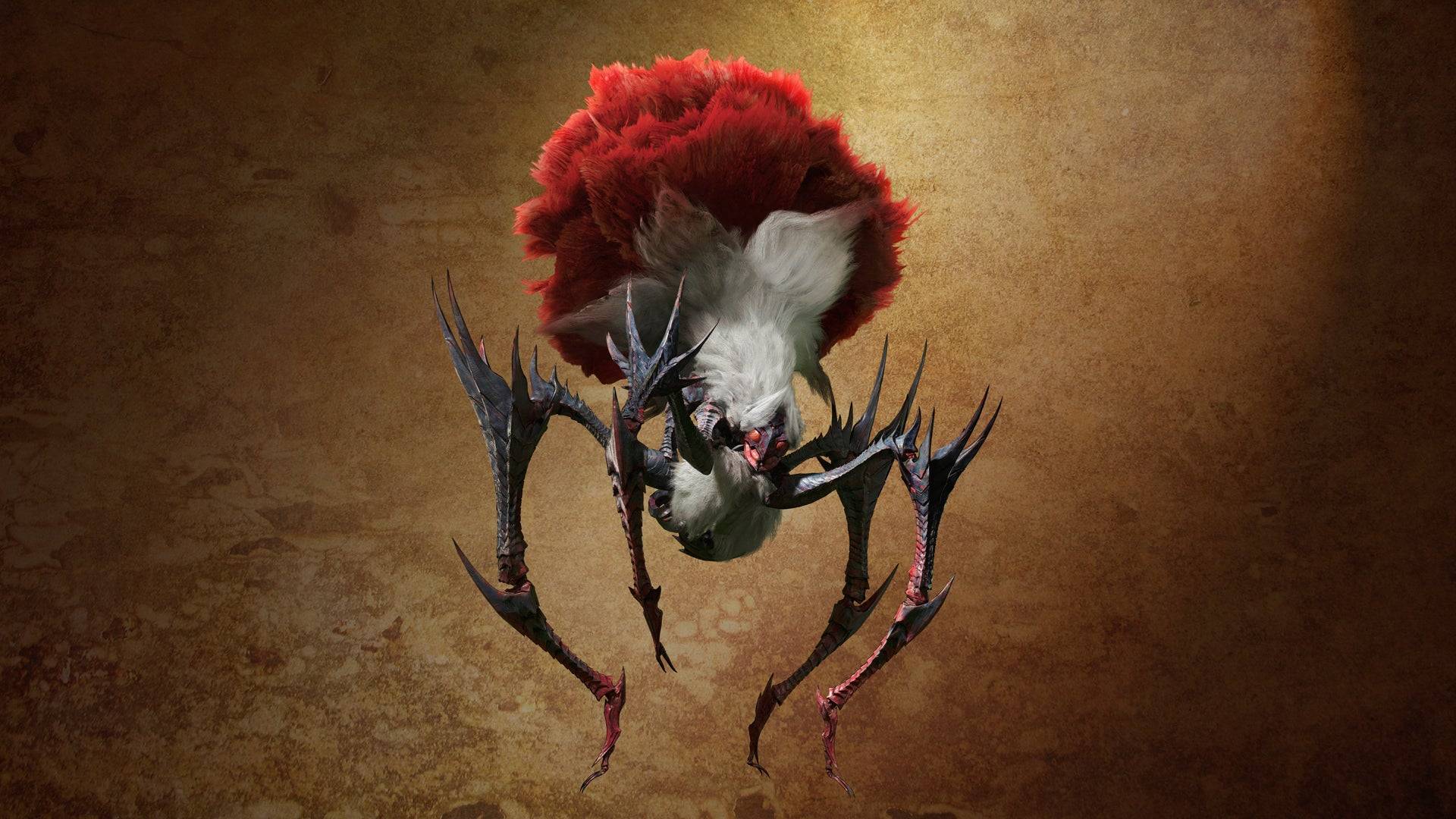
Nu Udra: The Apex Predator
Nu Udra, the Oilwell Basin's apex predator, is a fiery octopus-like creature. Fujioka confirms the octopus inspiration, noting the design challenge of obscuring its face while maintaining a striking silhouette. Tokuda adds that even the battle music incorporates demonic imagery. Its movements, inspired by monsters like Lagiacrus from Monster Hunter Tri, represent a long-held ambition for both developers.

The design of Nu Udra's flexible body and its intricate animations presented significant technical challenges, but the developers pushed the boundaries of the engine to achieve their vision. Nu Udra's many tentacles can be severed, altering its attacks and providing strategic opportunities for hunters. Its light-emitting sensory organs at the tentacle tips indicate its targets, making it a complex and rewarding challenge, particularly in multiplayer hunts.

The Return of Gravios
Gravios, a returning monster from Monster Hunter Generations Ultimate, perfectly fits the Oilwell Basin's environment. Tokuda explains the decision to include it: its unique characteristics, its challenging gameplay, and its place in the game's progression. Its hardened carapace presents a unique challenge, requiring hunters to strategically exploit the wound system and part breaking mechanics.


The Oilwell Basin, with its unique ecosystem and diverse monster roster, promises a thrilling and challenging hunting experience in Monster Hunter Wilds. The developers' dedication to innovative monster design and challenging gameplay is evident in every detail, from the smallest creature to the apex predator Nu Udra.

 Latest Downloads
Latest Downloads
 Downlaod
Downlaod
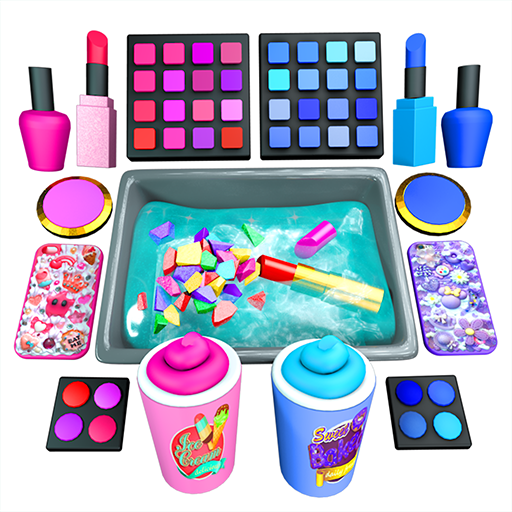
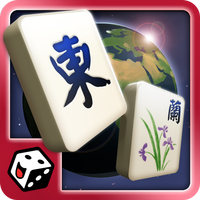


 Top News
Top News